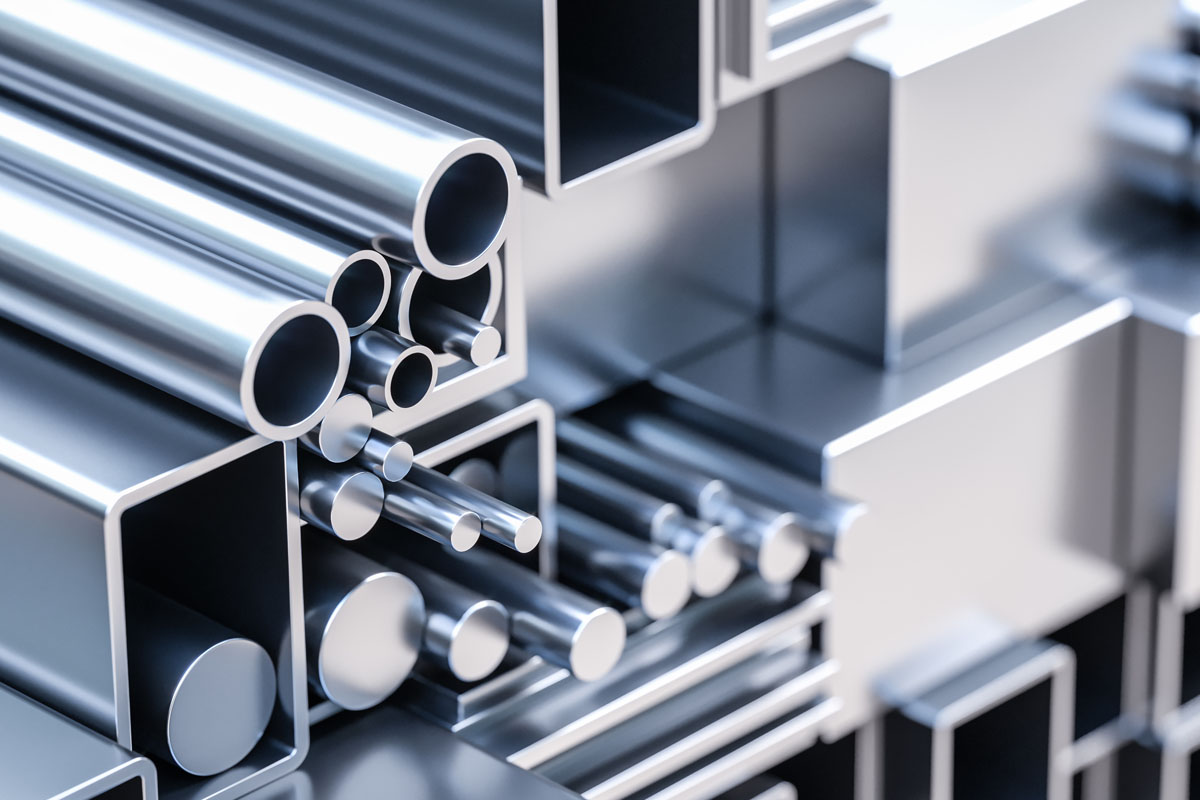Digital Transformation in Sheet Metal Fabrication: Harnessing the Power of AI and IoT+ View more
Digital Transformation in Sheet Metal Fabrication: Harnessing the Power of AI and IoT
+ View more
Date:2023-11-18 11:19
Introduction
The digital transformation has reshaped industries worldwide, and sheet metal fabrication is no exception. With the integration of artificial intelligence (AI) and the Internet of Things (IoT), sheet metal manufacturers are experiencing a revolution in efficiency, productivity, and quality. This article explores the profound impact of AI and IoT technologies on sheet metal fabrication, uncovering how they have transformed traditional processes and opened new possibilities.

1. AI-Enabled Design Optimization: Unlocking Creative Potential
Design optimization is a critical aspect of sheet metal fabrication, as it directly impacts the final product's performance and cost. AI tools have empowered designers to explore innovative solutions by leveraging machine learning algorithms. These algorithms analyze vast amounts of data, including material properties, design constraints, and performance requirements, to generate optimized designs. By automating this process, manufacturers can achieve faster turnaround times, reduce material waste, and improve product functionality.
2. IoT-Driven Process Monitoring and Control: Real-Time Insights for Enhanced Efficiency
The IoT has brought unprecedented connectivity and real-time monitoring capabilities to sheet metal fabrication. By deploying sensors and connected devices, manufacturers can gather data from machinery, equipment, and production lines. This data provides valuable insights into the operational status, performance, and maintenance needs of the manufacturing processes. By leveraging IoT technologies, manufacturers can optimize workflow scheduling, minimize downtime, and improve overall equipment effectiveness (OEE).
3. AI-Enhanced Quality Assurance: Ensuring Consistency and Precision
Maintaining consistent product quality is crucial in sheet metal fabrication. AI-powered quality assurance systems equipped with machine vision technology detect defects and anomalies in real time. These systems employ advanced algorithms to inspect each product, ensuring compliance with quality standards. By automating the inspection process, manufacturers can significantly reduce human error, increase productivity, and deliver products with unmatched precision.
4. Intelligent Production Planning and Scheduling: Optimizing Resources and Lead Times
AI algorithms play a pivotal role in optimizing production planning and scheduling. By considering various factors such as customer demands, resource availability, and production constraints, AI systems can generate optimized schedules that maximize efficiency and minimize lead times. Manufacturers can dynamically adapt to changing demands, allocate resources effectively, and streamline their operations for optimal productivity.
5. AI-Powered Predictive Maintenance: Minimizing Downtime and Maximizing Performance
Unplanned equipment downtime can be costly in sheet metal fabrication. However, AI-enabled predictive maintenance systems anticipate machinery failures by analyzing real-time sensor data and historical performance. By identifying patterns and anomalies, AI algorithms can predict when machinery requires maintenance or replacement parts, allowing manufacturers to schedule proactive maintenance activities. This minimizes unplanned downtime, improves overall equipment reliability, and maximizes production output.
6. Data Analytics and Insights: Driving Continuous Improvement
The integration of AI and IoT generates vast amounts of data in sheet metal fabrication. Advanced analytics tools enable manufacturers to turn this data into valuable insights. By utilizing machine learning algorithms and statistical analysis techniques, manufacturers can identify trends, optimize processes, and make data-driven decisions. Continuous improvement becomes achievable by leveraging these insights to refine operations, reduce costs, and enhance overall efficiency.
Conclusion
The convergence of AI and IoT technologies has ushered in a new era of digital transformation in sheet metal fabrication. From design optimization to process monitoring, quality assurance, production planning, predictive maintenance, and data analytics, these advancements have fundamentally changed the industry by improving efficiency, productivity, and product quality. Embracing the power of AI and IoT is crucial for manufacturers seeking to stay competitive in the rapidly evolving landscape of sheet metal fabrication. As technology continues to advance, the potential for further innovation and optimization in this field is limitless.
Share to:
Recommend wonderful blog posts

